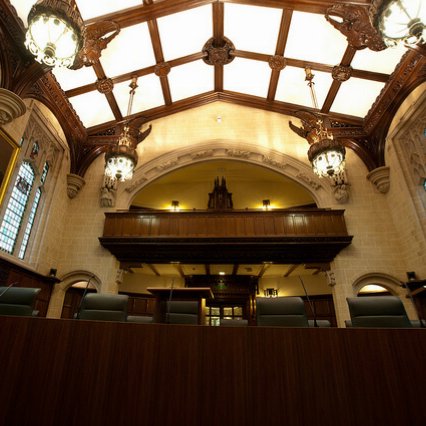The Supreme Court has allowed an appeal by a wife against the dismissal of her application to vary one of the terms of a consent order that set out an agreed financial settlement on her divorce.
The facts of the case were as follows. Financial remedy proceedings were concluded by a consent order in July 2010, which noted the husband’s agreement that he had no interest in the former matrimonial home. The wife gave an undertaking to secure the release of the husband from the mortgage on the property by the 30th of September 2012, failing which it was to be to be sold.
In November 2011 the wife applied to vary the undertaking so that the husband would be released from the mortgage or the property sold in default when their youngest child attained the age of 18 (in 2019), or when either of their two children completed full time education. She applied under section 31 of the Matrimonial Causes Act 1973, which would require the court to take into account the children’s best interests.
The District Judge held that the court did not have jurisdiction to hear such an application, essentially as it related to a property adjustment order (for an explanation of what a property adjustment order is, see here) which cannot be varied, because such orders are intended to be final. He therefore dismissed the application, and the wife’s appeal was also dismissed. The Court of Appeal dismissed the wife’s further appeal, holding that the jurisdiction to vary the order was derived from the inherent jurisdiction of the court, rather than section 31 of the Act, and that it was not appropriate to exercise it in this case. The wife appealed to the Supreme Court.
The Supreme Court held that there was jurisdiction to hear the wife’s application, and therefore allowed her appeal. Handing down the leading judgment Lord Wilson said that describing the wife’s application as being to vary her undertaking was confused. The court could not vary an undertaking, but it could grant or refuse an application for release from an undertaking, and it could accept a further, different, undertaking. Accordingly, the court had jurisdiction to hear the wife’s application. In any event, the undertaking related to an order for sale of the property, rather than to a property adjustment order, and an order for sale can be varied under section 31.
The Supreme Court remitted the wife’s application to His Honour Judge Waller to decide, although Lord Wilson made clear that it was by no means certain that the application would be successful.
Family Law Cafe says: It will be interesting to hear the outcome of the application, but Lord Wilson is quite correct that it is unsatisfactory that it has taken so long for the case to reach this stage. Family Law Cafe’s mission is to see an end to these long delays and convoluted processes, by ensuring there is a strategy from the beginning and by mentoring, checking and expediting the process.
The full report of the case can be read here.
Image: Supreme Court of the United Kingdom, by FuFu Wolf, licensed under CC BY 2.0.

